Imam Ali ibn Musa al-Redha (peace be upon him), known as al-Redha meaning the content and satisfied one, is the eighth Imam in the line of Ahl al-Bayt. His life stands out in history as a unique combination of spiritual knowledge, public recognition, and political exile. Imam al-Redha lived in an era of intense political manipulation, yet he upheld the purity of prophetic teachings, defending the truth through wisdom, manners, and scholarly dialogue.
Lineage and Early Life
Imam al-Redha (a.s.) was born in 148 AH in Medina. His father was Imam Musa al-Kadhim (peace be upon him), the great symbol of patience, and his mother was Lady Najma, known for her piety and spiritual devotion. Raised in the house of the Prophet (peace be upon him and his family), Imam al-Redha inherited deep Qur’anic knowledge, impeccable manners, and wisdom from the Imams before him.
Title: “al-Redha”
The title “Redha” reflects his exceptional acceptance of God’s decree and his contentment with divine will, even amidst hardship. According to narrations, it was God Himself who named him al-Redha, and he became known as “the one whom God and His Messenger are pleased with”.
Historical Context and the Crown Prince Appointment
Imam al-Redha lived during the Abbasid era, specifically under Caliph al-Ma’mun. Due to his unmatched knowledge and growing influence, Imam al-Redha was forcibly summoned from Medina to Khorasan (modern-day Iran).
In a surprising political move, al-Ma’mun declared Imam al-Redha as the crown prince, hoping to pacify the Shia while strengthening his political legitimacy. However, Imam al-Redha accepted the position with clear conditions:
He would not interfere in government affairs.He would focus on religious guidance and justice.This arrangement revealed the Imam’s wisdom: while not holding political power, he became a voice for truth within the ruling system.
A Life of Knowledge and Dialogue
Imam al-Redha’s knowledge became legendary, especially during public debates organized by al-Ma’mun, where scholars of different faiths, Jews, Christians, Zoroastrians, Atheists, and Sunni scholars, would debate him.
Through calm reasoning, Qur’anic proofs, and exemplary manners, Imam al-Redha defeated intellectual opponents and attracted hearts to pure Islam.
Among his famous teachings:
“Reason is the friend of the believer; ignorance is his enemy.”
His focus was always on mercy, wisdom, and respect, even with ideological opponents.
Spiritual Character
Imam al-Redha combined intense worship with humility and service to others. Despite being named crown prince, he lived simply, served his guests himself, and never distanced himself from ordinary people.
He emphasized:
Feeding the poor and showing kindness to strangers.Consistent remembrance of God.Upholding truth with patience, even under surveillance.Martyrdom in Exile
Imam al-Redha’s spiritual influence frightened al-Ma’mun. After several years in exile, he was poisoned and martyred in 203 AH, in Tus (Mashhad). His grave became a holy sanctuary, and the shrine of Imam al-Redha in Mashhad is today one of the largest pilgrimage sites in the world, visited by millions every year.
Legacy
Imam al-Redha left behind:
A treasury of spiritual wisdom and rational arguments defending Islam.A legacy of interfaith respect, knowledge, and moral leadership.A living shrine that continues to unite the hearts of believers.Imam Ali al-Redha (peace be upon him) teaches us that faith must be upheld even in exile, truth must be spoken even in the court of tyrants, and mercy must be shown even when wronged. He is the Imam of wisdom, patience, and grace under pressure, a timeless symbol of dignity in the face of power.



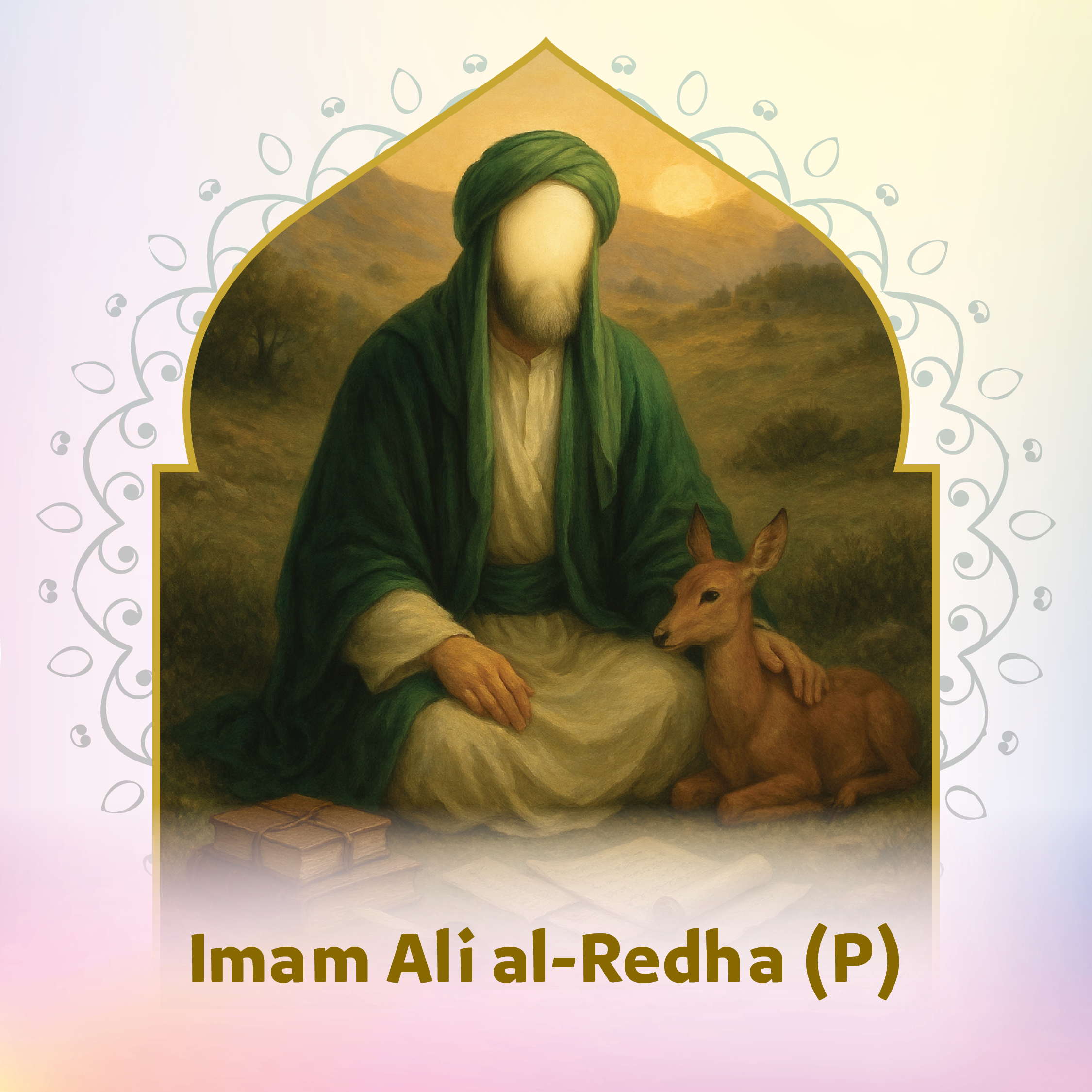
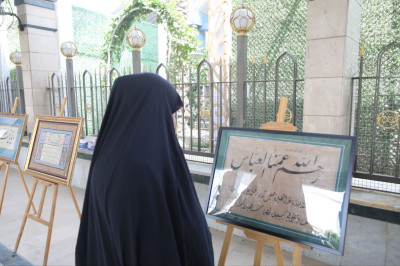
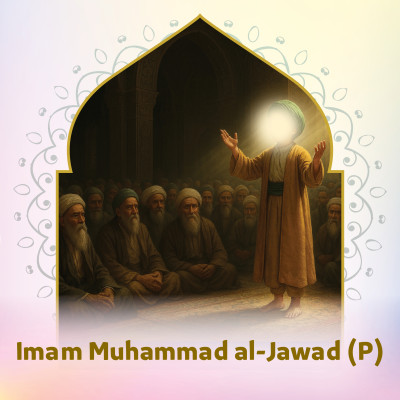

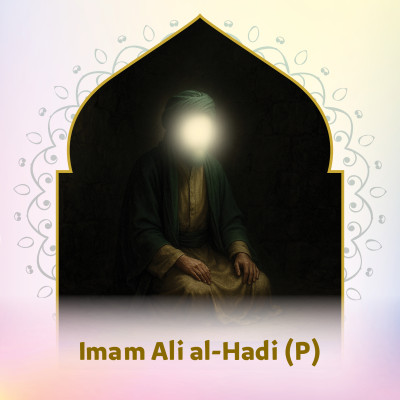



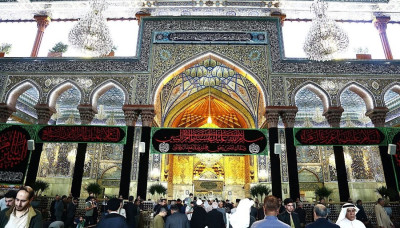





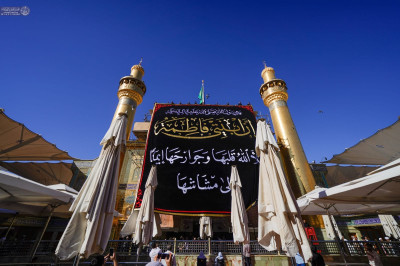



اترك تعليق